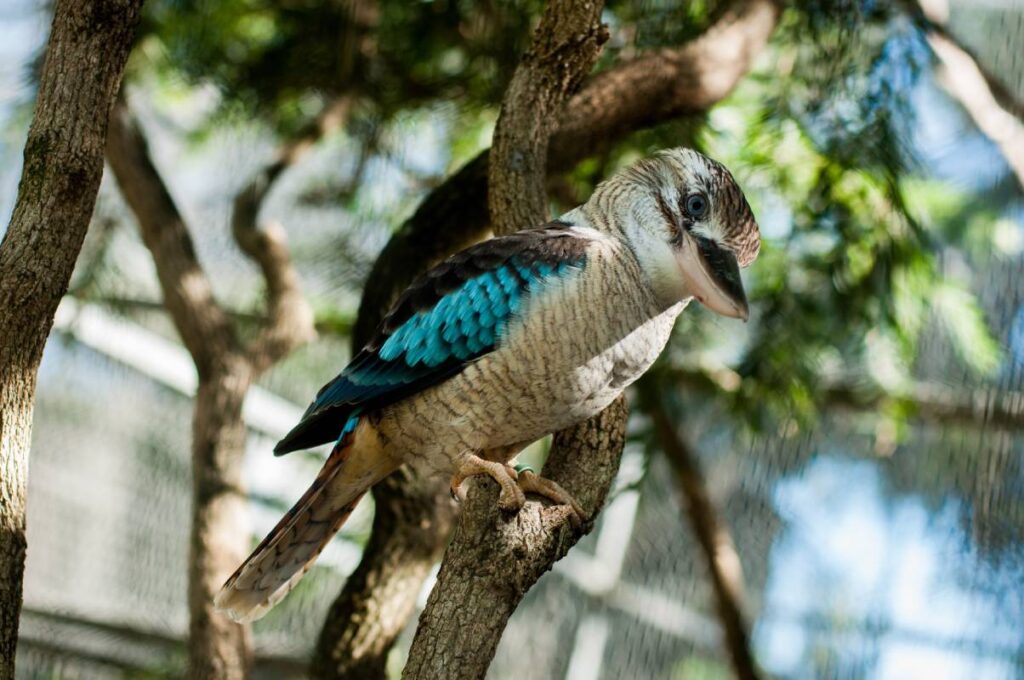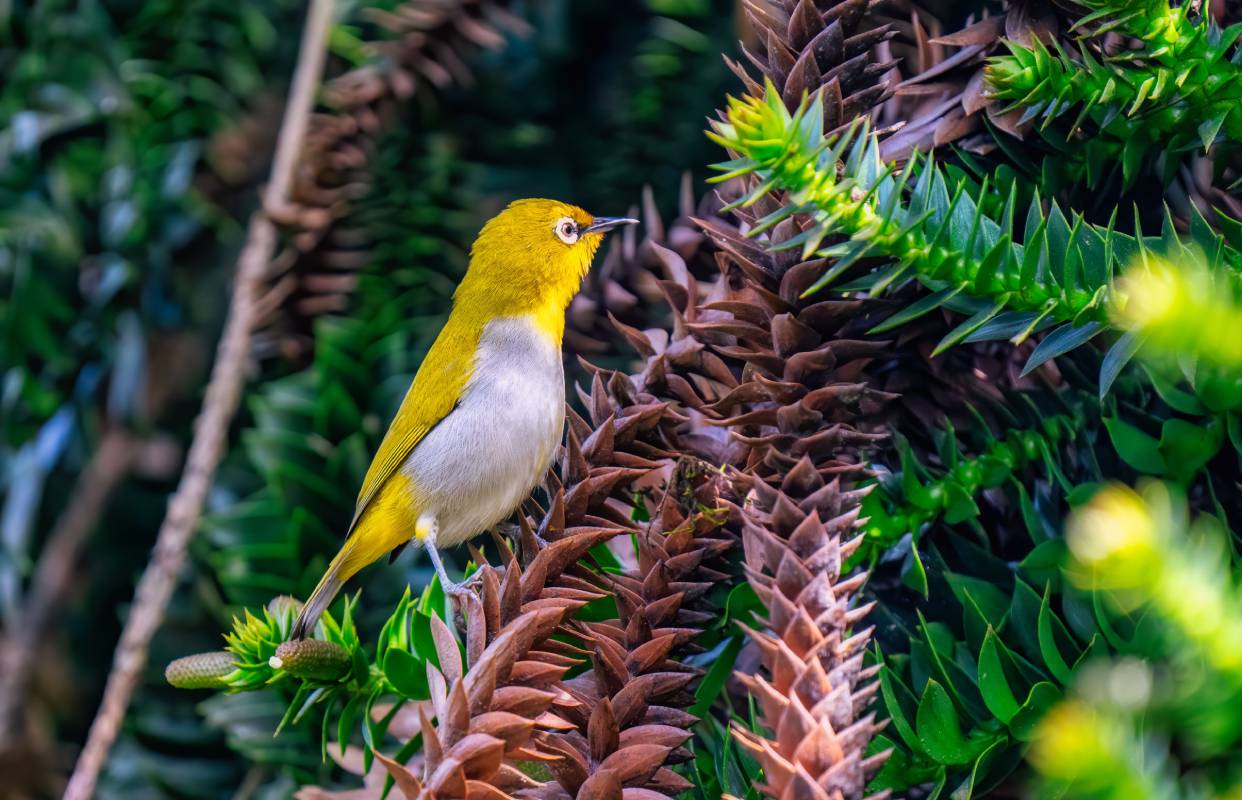
Australia is home to an incredibly diverse range of bird species, many of which are unique to the country’s vast landscapes. However, with increasing threats like habitat loss, climate change, and human activity, several Australian birds are now classified as endangered.
The conservation of these species is critical, but it is equally important to understand the legal protections in place for them. Possessing a protected bird without proper authorization can result in severe penalties.
Furthermore, as interest in rare and exotic birds grows, many individuals may wonder how to safely and legally send a bird internationally. This article explores the endangered birds of Australia, the penalties for possessing a protected bird, and the legalities and procedures involved in sending a bird overseas.
Endangered Australian Birds
Australia is home to unique wildlife, with its birds facing critical threats to survival. Iconic species like the Kakapo, Leadbeater’s Possum, and Gouldian Finch are at risk of disappearing.
While conservation efforts have helped some recover, many remain endangered. Certified Arborists play a vital role in preserving habitats and managing tree health essential for these birds. Some of the most endangered Australian birds include:
The Kakapo (Strigops habroptilus)
The Orange-bellied Parrot (Neophema chrysogaster)
The Orange-bellied Parrot is one of Australia’s most critically endangered species. This small, brightly colored parrot is found in the coastal regions of southern Australia, particularly in Tasmania.
Once abundant in the wild, the Orange-bellied Parrot has seen its population decline dramatically due to habitat loss and predation by introduced species like cats and foxes. Fewer than 50 individuals are left in the wild, and the species is considered to be at high risk of extinction.
The Gouldian Finch (Erythrura gouldiae)
The Gouldian Finch, recognized for its vibrant plumage, was once common in northern Australia but is now endangered. Habitat loss, wildfires, and non-native species have reduced its numbers to fewer than 2,500 mature individuals.
The species relies on native grasses and wetlands for food and breeding, making conservation efforts crucial for its survival.
The Leadbeater’s Possum (Gymnobelideus leadbeateri)
The Western Ground Parrot (Pezoporus flaviventris)
The Western Ground Parrot is one of Australia’s rarest birds, with only around 150 individuals left in the wild.
Found in southwestern Australia’s heathlands, it faces threats like habitat destruction, predation by foxes and feral cats, and wildfires. Conservation efforts, including captive breeding and habitat restoration, aim to protect the species from extinction.
Penalties for Possessing a Protected Bird

In Australia, endangered or protected birds are governed by both state and federal laws, with the Environment Protection and Biodiversity Conservation Act (EPBC Act) being the primary legislation.
This act prohibits the killing, capturing, or trading of species listed as endangered or vulnerable. Possessing a protected bird without the necessary permits is a serious offense, and penalties for illegal possession can include:
Fines
The most common penalty for possessing a protected bird is a fine. The amount of the fine can vary depending on the severity of the offense. For example, under the EPBC Act, the maximum fine for taking or trading a protected bird can be up to $1.1 million for corporations or $220,000 for individuals. Fines can also be imposed for illegal trade or smuggling of birds, which is a major concern for endangered species.
Imprisonment
Seizure and Return of the Bird
If a protected bird is found in possession of an individual or organization, authorities have the right to seize the bird and return it to its natural habitat. This can be a traumatic experience for the bird, and it can also lead to additional legal consequences for the person responsible.
Civil Penalties
How Do You Send a Bird Internationally?
Sending a bird internationally is a complex process that requires careful planning and adherence to both national and international laws. Birds, especially protected species, are subject to strict regulations to ensure their safety during transit and to prevent illegal trade.
Understand Legal Requirements
Arrange for Safe Transport
Birds must be transported safely to minimize stress and injury during the journey. Special bird cages or containers designed for air travel should be used, and the bird should be provided with food, water, and appropriate environmental conditions during transit. Many international airlines have specific guidelines for the transport of live animals, so it is crucial to check these before booking a flight.
Consult with an Expert
Due to the complexities involved in shipping birds internationally, it is advisable to consult with an expert, such as an experienced animal transport company or a wildlife consultant. They can guide you through the entire process, including paperwork, permits, and transportation arrangements.
Health and Quarantine Regulations
Many countries require birds to undergo health checks and quarantine before entering their borders. You will need to have a veterinary certificate proving the bird’s health status, including testing for diseases such as avian influenza. The bird may also be subject to quarantine in the destination country to prevent the spread of diseases.
Conclusion
Australia is home to a number of endangered bird species, and conservation efforts are crucial to preserving these unique creatures.
The penalties for possessing a protected bird are severe and are intended to prevent illegal trade and exploitation of vulnerable species.
When sending a bird internationally, it is essential to adhere to strict regulations, obtain the necessary permits, and ensure the bird’s safety during transport. By understanding these processes and following the laws, we can protect Australia’s precious bird species for future generations.





